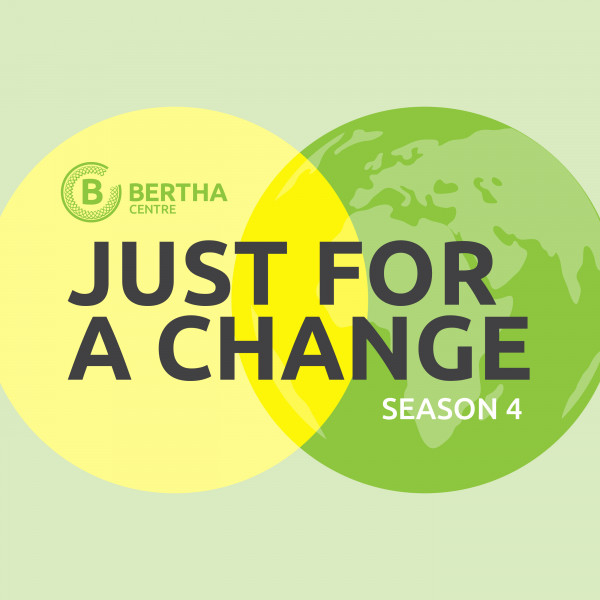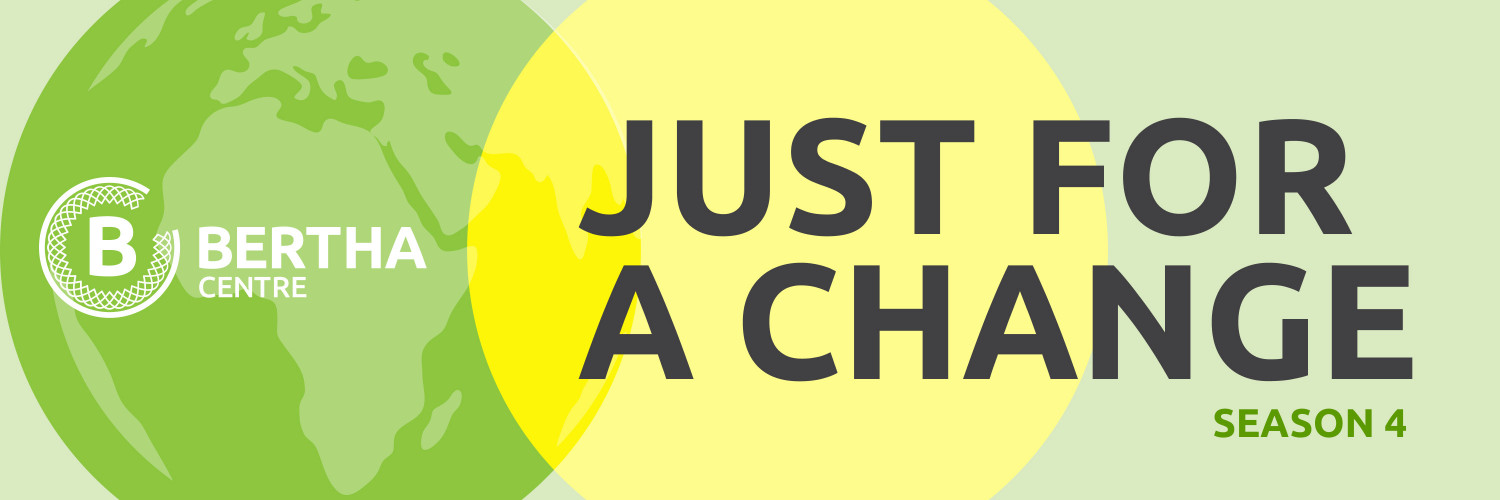
S4, Ep.2 What does peecycling have to do with agriculture?
Loading player...
Did you know that human waste can be used as fertiliser for farming? That’s right. Your body waste consists of nutrients that can help grow food. Urine contains nitrogen, potassium and phosphorus – all found in fertilisers. How we get rid of human waste today can be harmful to the environment. It eventually makes its way to the ocean and threatens ecosystems. But what if there was a way to recycle urine? ‘Peecycling’, if you will. A system of waterless toilets or dry sanitation is being developed to collect human waste separately to effectively use in growing plants locally and abroad. Not only is all this possible, but it’s also a way to empower communities.
Liquid Gold Africa is one such company that is empowering rural communities in KwaZulu Natal. Hear more in this episode from Liquid Gold Africa founder, Orion Herman, as well as from others doing this work, among them the University of Cape Town's Dr Caitlin Courtney.
The Bertha Centre is the first specialised centre in Africa dedicated to advancing social innovation and entrepreneurship and focuses on researching, educating, convening, catalysing and advocating for social, environmental and economic justice. Find out more at https://gsbberthacentre.uct.ac.za/. This podcast is produced by 2stories in collaboration with the Bertha Centre, UCT Graduate School of Business, and the Bertha Foundation.
Liquid Gold Africa is one such company that is empowering rural communities in KwaZulu Natal. Hear more in this episode from Liquid Gold Africa founder, Orion Herman, as well as from others doing this work, among them the University of Cape Town's Dr Caitlin Courtney.
The Bertha Centre is the first specialised centre in Africa dedicated to advancing social innovation and entrepreneurship and focuses on researching, educating, convening, catalysing and advocating for social, environmental and economic justice. Find out more at https://gsbberthacentre.uct.ac.za/. This podcast is produced by 2stories in collaboration with the Bertha Centre, UCT Graduate School of Business, and the Bertha Foundation.
